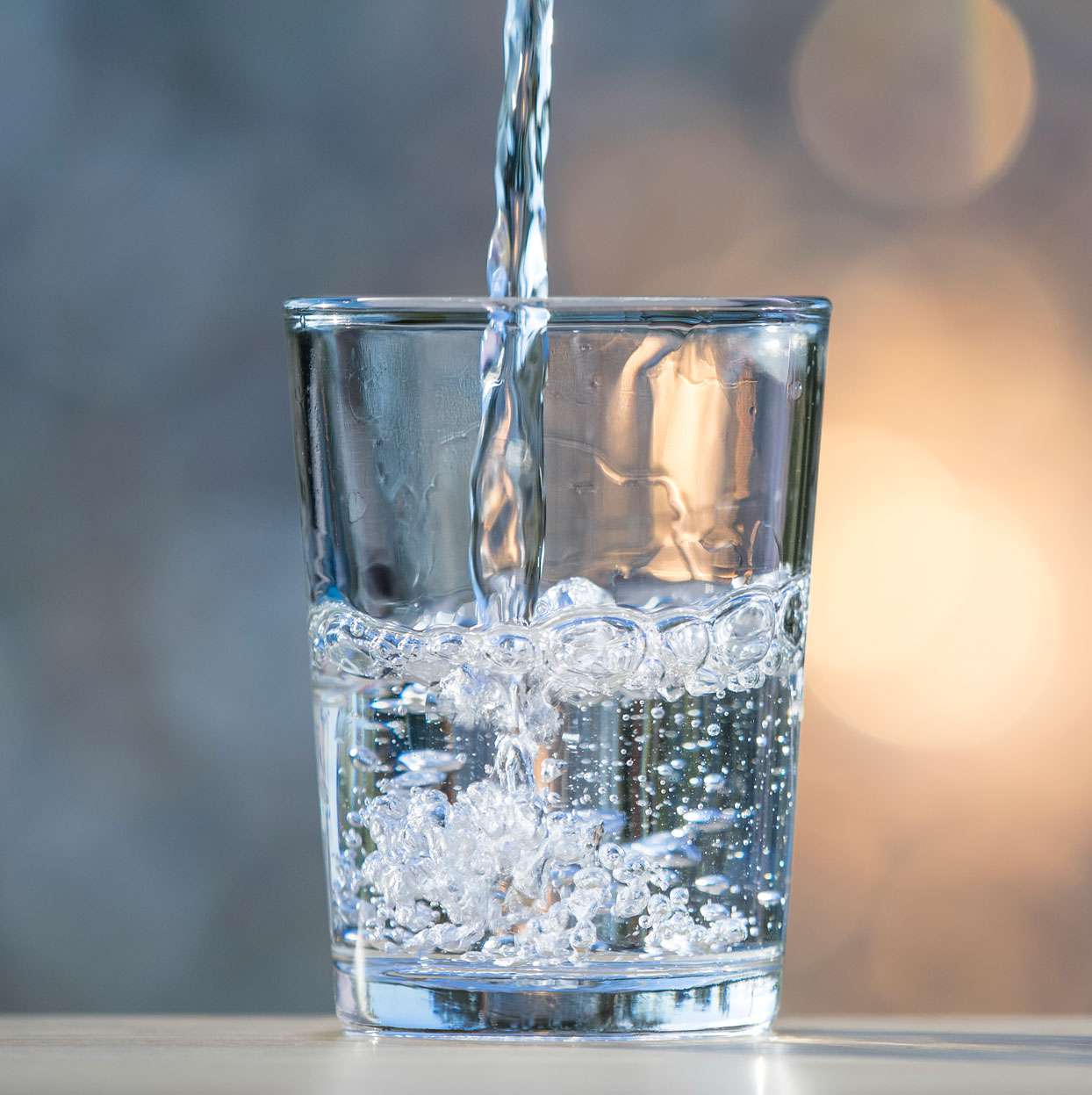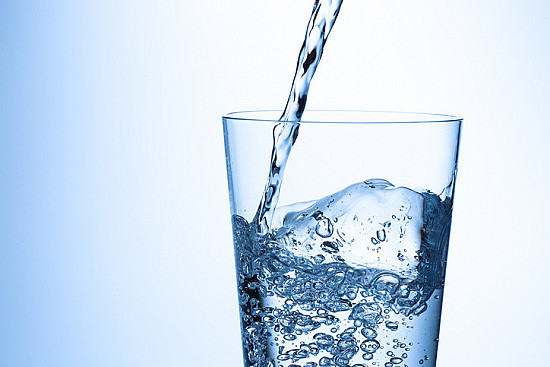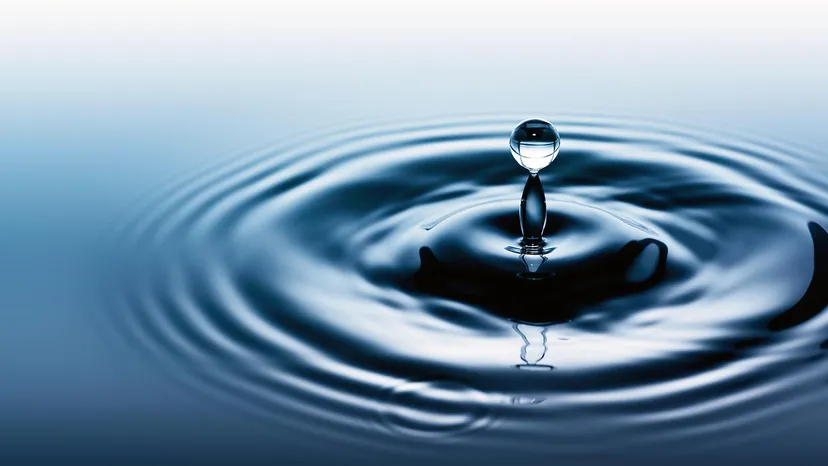how Much Water Should You Drink Each Day : Water is a fundamental resource for our bodies, playing a crucial role in maintaining overall health and well-being. Staying properly hydrated is essential for various bodily functions, including digestion, circulation, temperature regulation, and toxin elimination. However, the question arises: How much water should you drink each day? In this blog, we will explore the factors influencing water intake recommendations and provide practical tips to help you stay adequately hydrated.
Understanding the Factors:
Determining the ideal water intake can be challenging since it depends on several factors, including:
Individual Needs: The amount of water required varies from person to person based on factors such as age, gender, body weight, activity level, overall health, and climate.
Climate and Environment: Hot and humid weather conditions, as well as high altitudes, can lead to increased water loss through sweat and respiration, necessitating higher water intake.
Physical Activity: Engaging in exercise or any strenuous physical activity increases fluid loss through sweating. It is important to replenish these fluids to maintain hydration levels.
Health Conditions: Certain medical conditions, such as kidney stones or urinary tract infections, may require increased fluid intake. It’s always best to consult a healthcare professional for personalized advice in such cases.
General Guidelines:
While individual requirements may vary, there are some general guidelines to help you estimate your daily water intake:
The “8×8” Rule: A popular guideline suggests drinking eight 8-ounce glasses of water per day, totaling around 2 liters or half a gallon. This serves as a baseline, but it may not apply to everyone.
Listen to Your Body: Pay attention to your body’s signals for thirst. If you feel thirsty, it’s an indicator that you need to drink water. Additionally, monitor the color of your urine; pale yellow or clear urine generally indicates adequate hydration.
Consider Your Activity Level: If you are physically active, increase your water intake to compensate for the additional fluid loss. Drink water before, during, and after exercise to stay properly hydrated.
Incorporate Hydrating Foods and Beverages: Apart from drinking plain water, you can also meet your hydration needs through foods with high water content, such as fruits and vegetables. Additionally, herbal teas and certain low-sugar beverages can contribute to your fluid intake.
Individualize Your Intake: Take into account personal factors such as age, body weight, and overall health when determining your water intake. Pregnant or breastfeeding women, for example, may need more water than the average adult.
How to know if you’re drinking too much water
Although it is uncommon, excessive water intake can lead to a condition known as hyponatremia. This occurs when the volume of water in your system overwhelms your kidneys, impeding their ability to maintain a normal filtration rate. Consequently, the sodium concentration in your blood becomes dangerously diluted, causing your cells to swell. While individuals with certain health conditions like kidney failure and congestive heart failure are at a higher risk, high-level athletes may also experience hyponatremia if they fail to replenish their electrolytes adequately after intense exercise.
However, for the majority of the population, the primary concern is often not consuming enough water. While keeping track of the number of ounces consumed can be helpful, the most reliable indicator of proper hydration is listening to your body. Insufficient water intake can manifest through various signs and symptoms.
What’s the right amount of water to drink?
“The recommended amount of water intake may not be inherently incorrect, but research has certainly evolved over time,” she explains. “Water recommendations vary depending on factors such as age, gender, and activity level.”
Your personal water intake recommendation can also be influenced by specific circumstances. For instance, if you reside in a hot and humid climate, engage in rigorous physical activity, are pregnant, or breastfeeding, you may require a higher daily water intake than the average adult. Consulting with your doctor can provide valuable guidance in this regard.
According to the National Academy of Science, Engineering, and Medicine, the average daily water intake should be approximately 125 ounces for men and around 91 ounces for women. However, even if you don’t precisely reach these specific amounts every day, it’s likely that you’re still close or potentially exceeding them, considering that water can also be obtained from food, as noted by Scott.
“Hydrating foods like celery, oranges, strawberries, watermelon, and cucumbers can contribute significantly to your overall hydration,” she suggests. “These foods serve as supplemental sources of water intake.”
Conclusion:
Maintaining adequate hydration is essential for overall health and well-being. While the “8×8” rule serves as a general guideline, it’s important to personalize your water intake based on individual factors such as activity level, climate, and health conditions. Pay attention to your body’s signals, and ensure you drink enough water to quench your thirst and keep your urine a pale yellow color. By prioritizing hydration, you can support your body’s vital functions and promote a healthier lifestyle. Stay hydrated, stay healthy!


